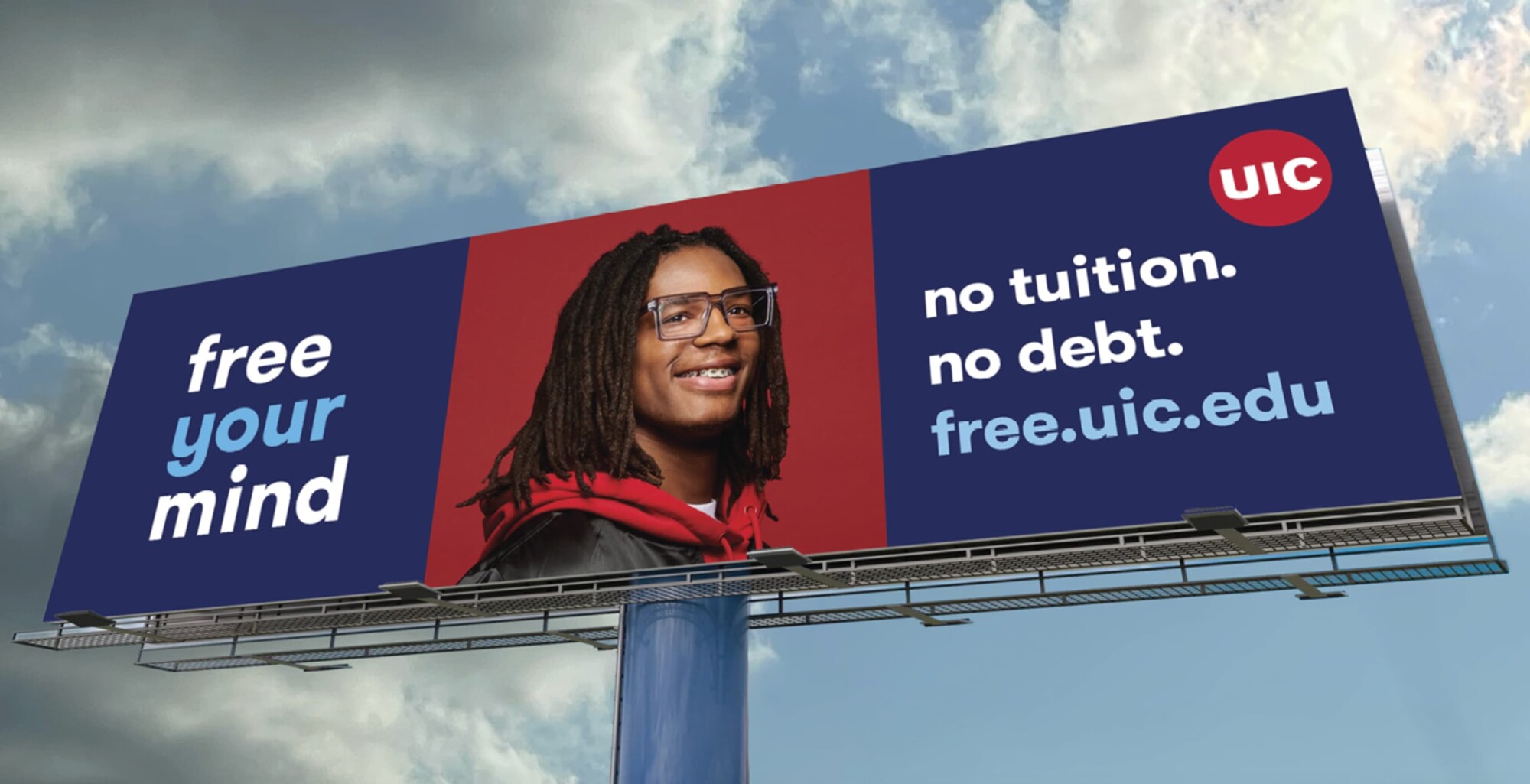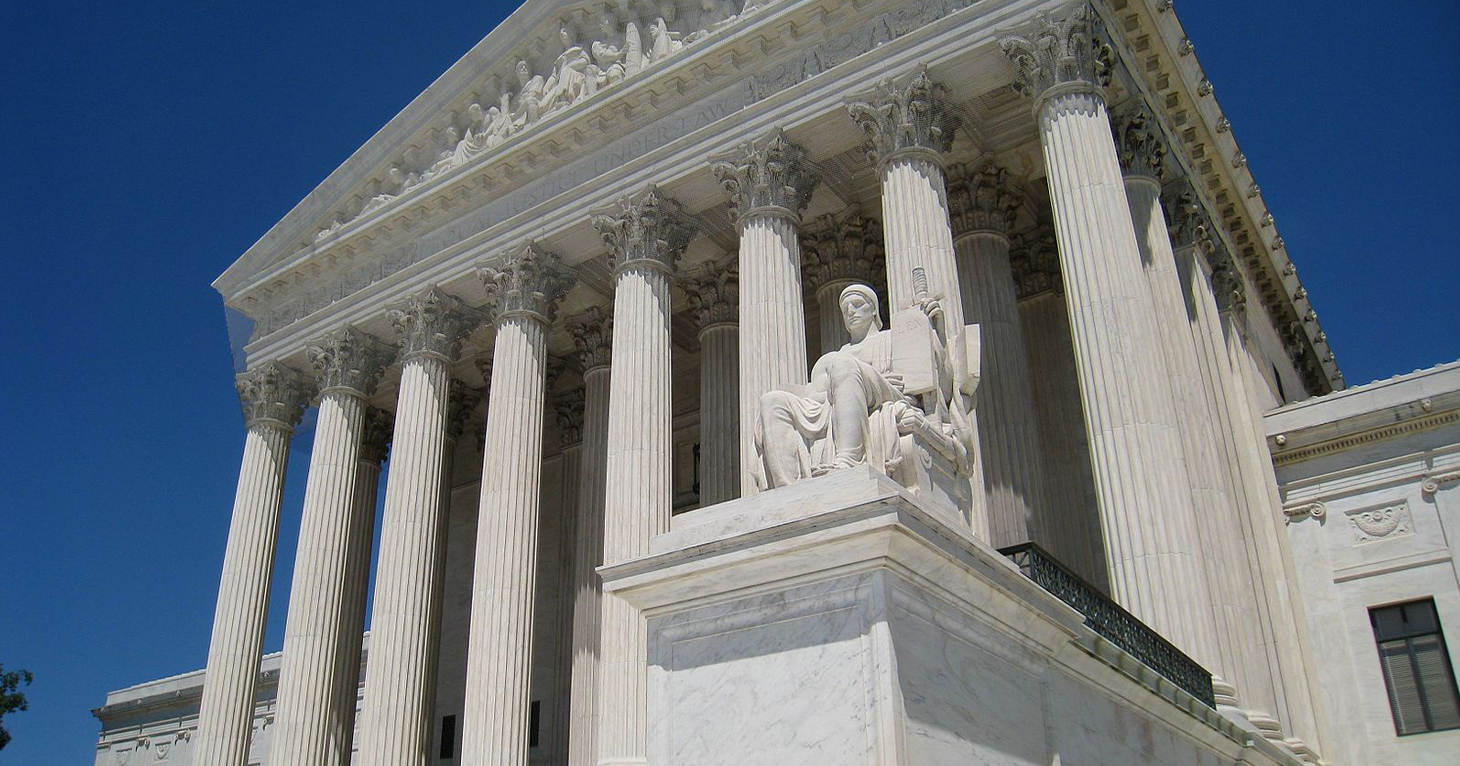
UIC Aspire Grant
TINA.org digs into school’s debt-free claims.
In April 2014, a federal judge dismissed a class-action lawsuit alleging that Nordic Naturals falsely marketed its fish oil supplement, Nordic Naturals Ultimate Omega. The complaint, which was originally filed in 2012, alleged that the company made a number of false representations regarding the quality, testing, and labeling standards of its supplement, including failing to disclose that it contained a high concentration of a fatty acid associated with an increased risk of certain cancers and respiratory distress syndrome (Omega-9 Oleic Acid). The judge dismissed the lawsuit finding that, among other things, the named plaintiff failed to adequately plead that the alleged misrepresentations caused him money damages. The judge dismissed the lawsuit without prejudice, meaning that plaintiff can refile the complaint. (Hoffman et al v. Nordic Naturals, Inc., Case No. 12-cv-05870, D. NJ.).
For more information about the marketing of supplements and TINA.org’s coverage of the issue, click here.
TINA.org digs into school’s debt-free claims.
Why agency independence is in the best interests of consumers.
What exactly does this running brand mean by “your return is on us”?
Be wary of “natural” claims.
Lawsuits throw the red flag on a number of DFS platforms.



